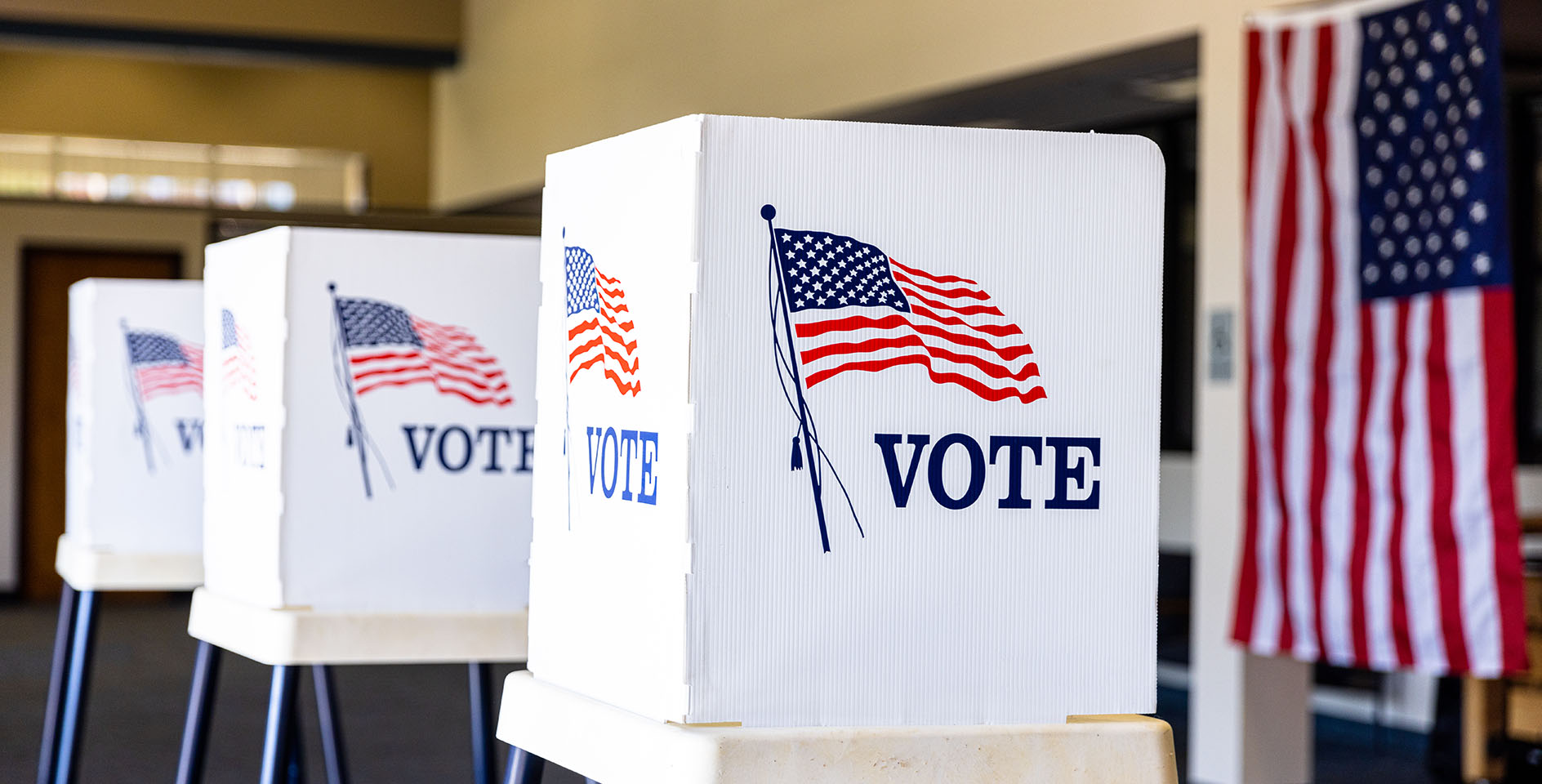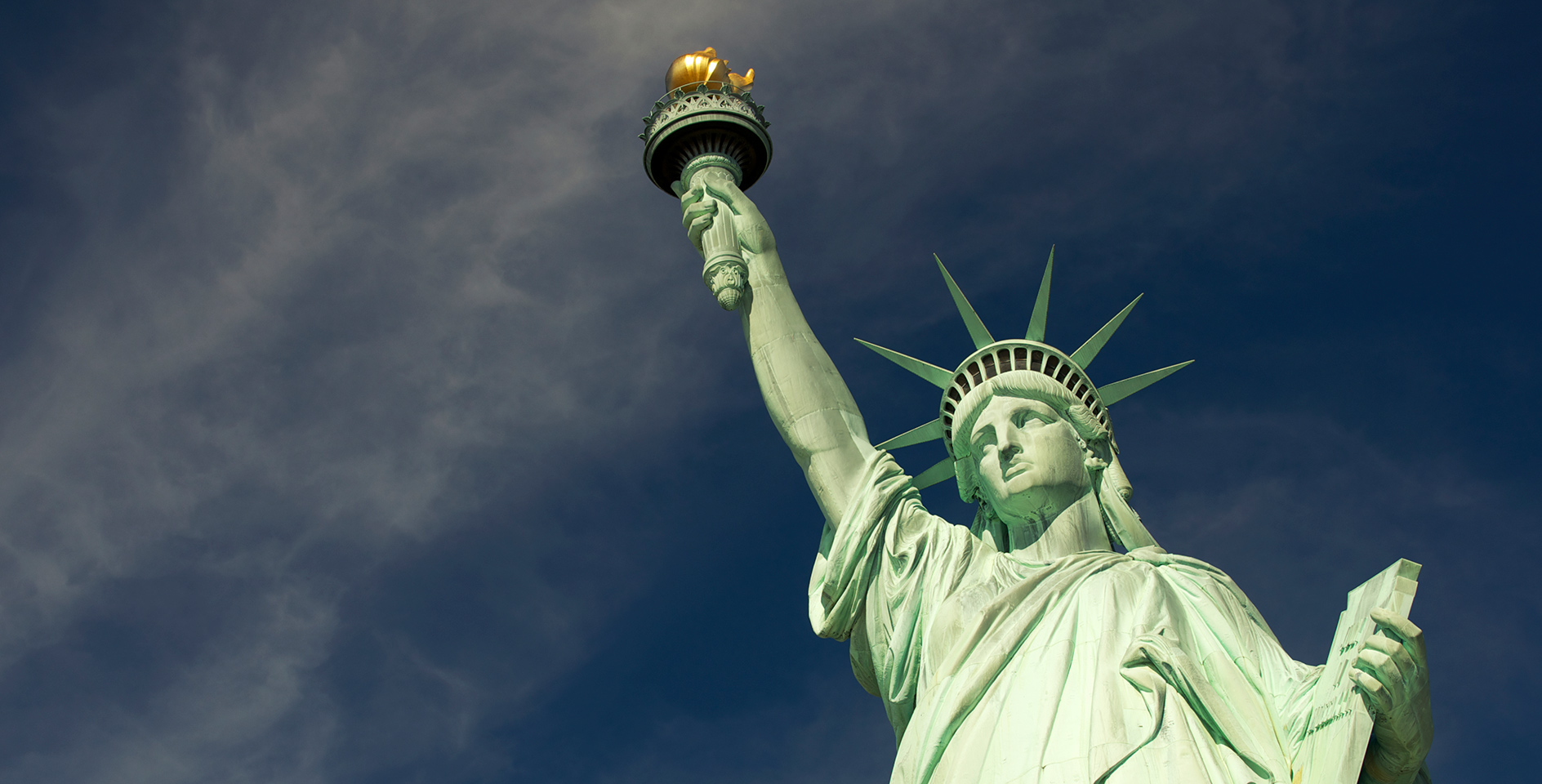The news cycle has been awash in darkness recently, particularly as it regards politics. And, as a Christian, I constantly ask myself how I am to respond in such a time as this. In the midst of this question, I began rereading a debate between N. T. Wright and John Barclay, two famous New Testament scholars, on Paul’s interaction with Roman imperial power. Barclay argues something unique, and I found it to be a helpful canopy to put over our current political moment.
Relegating and subverting power
Barclay claims Paul relegated and consigned Rome to an insignificant player. He did so by hardly ever speaking of her power. Every day, Paul was reminded of Rome’s sovereignty as he passed coins back and forth in trade. He stood below statues and in cities filled with souvenirs of Caesar’s power. He watched as people suffered under Roman governors and their terrible miscarriage of justice.
In the shadow of Rome, his most subversive act was not to oppose it, but deny its principal significance. He did not direct people’s attention to the shadow, but away from it—to a greater power at work. The main power players in Paul’s drama were the triune God and the threefold opposition of sin, flesh, and death. Rome was a sideshow to what Christ was doing by his Spirit and through the church.
Paul’s message was centered not on Caesar as the “son of God” but another “son of God” who opposed Rome not by sword and spear, but submission and sacrifice. The Roman Empire was subsidiary to this story, because they were simply pawns in the hands of the powers of darkness. A greater narrative was at work, and Paul wanted to point out where true power resided. Two reigns existed in the world according to Paul: the reign of grace and the reign of death—grace had overcome death.
Paul was not so much like the little boy in the crowd who cried out that the emperor had no clothes. He was more like the unnamed boy in the crowd who looked beyond the parade because he could see this was only a bad imitation of what was to come.
Paul was following Jesus’ example. When Jesus was asked the most politically charged question of the day, whether they should be complicit in Rome by paying taxes to Caesar, he didn’t respond by flying off the rail at their abuse of power. He also didn’t speak in a soft and hushed voice, fearing their authority. Instead, he subverted their power—not by calling for a boycott, but by shrugging. “Give to Caesar what is Caesar’s and to God what is God’s.” In essence, Jesus said Caesar is not as important as you think he is. Jesus’ message about the kingdom made Rome’s shadow a passing cloud.
Shrugging at power
Maybe we need to learn from Paul’s tactics. Maybe we are at least partially complicit in granting too much power to the current governmental systems by our feverish responses. By manically and incessantly speaking of them, we hand them the scepter. The media can’t bear all of the blame. With the rise of social media, the people are now the media. If we give them 24-hour coverage, we endow them with influence.
Christians are not a panicked people, a frightened flock, or an alarmed assembly. We are a calm community because we are children of the true King.
Paul stripped Rome of its power by relegating it. That is truly subversive. He saw the shadow of Rome and ignored it. This does not mean we stop engaging in politics and retreat to our monasteries. This does not mean we stop speaking that which has implications for the common good. This does not mean we neglect voting when we can work toward justice.
What this does mean is we begin speaking with serenity and a more clearly defined “structured authority.” We tell people to give to Caesar what is Caesar’s, and then we change the subject. Like Paul, we relegate their power by not assigning them power. We pin our rulers to the larger canvas called the kingdom of God and show people all governments are servants, not masters. To pay attention to them in an unhealthy manner is to make them more than they are.
The first business of the church, as Oliver O’Donovan has said, is to refuse to worship the powers that be. We refuse them worship by not feverishly responding to their actions. “Not every wave of political enthusiasm deserves the attention of the church in its liturgy . . . The worship that the principalities and powers seek to exact from mankind is a kind of feverish excitement. There are many times . . . when the most pointed political criticism imaginable is to talk about something else.” In other words, like Jesus and Paul, we pick up the coin with Caesar’s inscription and shrug.
Christians are not a panicked people, a frightened flock, or an alarmed assembly. We are a calm community because we are children of the true King. As Marilyn Robinson has said, “Fear is not a Christian habit of mind.” Fear drives panic, but we ought not to be an anxious people. Our God has told us over and over again, “Be not afraid” because the true King is alive and seated on the throne.










